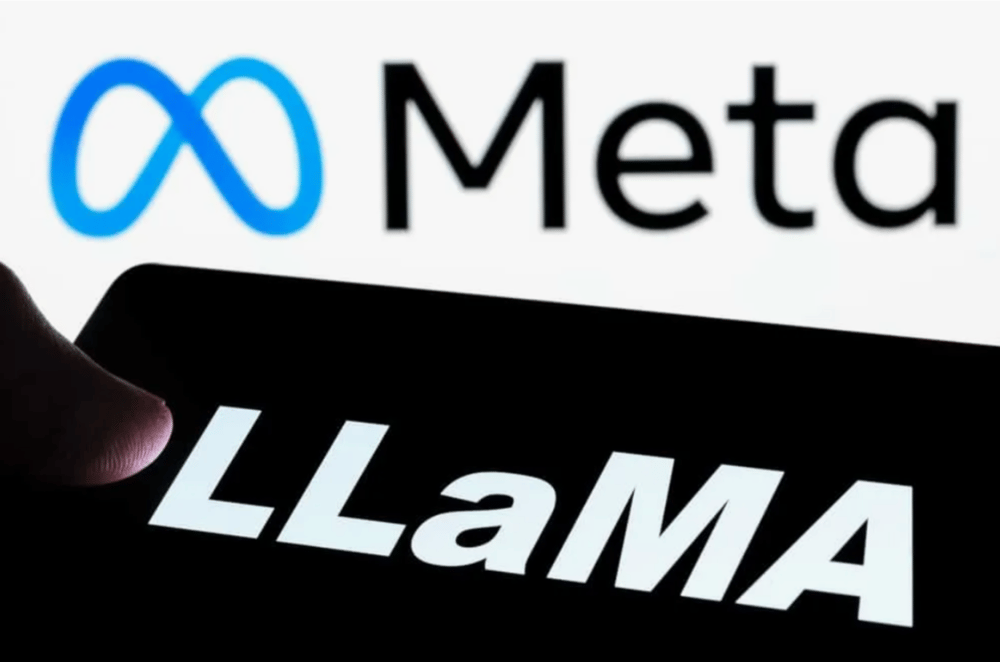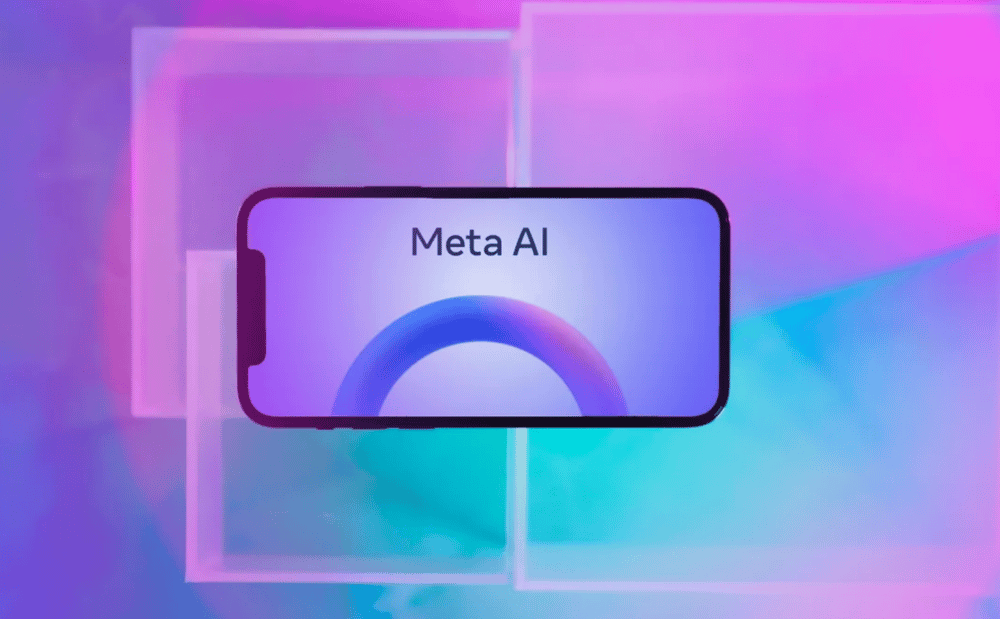

In a high-stakes legal development that could reshape the foundations of artificial intelligence training, Meta Platforms Inc. $META faced skepticism from a federal judge in San Francisco over its claim of "fair use" regarding copyrighted materials. At the heart of the legal debate is whether Meta lawfully used literary works—without the authors’ consent—to train its large language model (LLM), Llama.
During the initial hearing, U.S. District Judge Vince Chhabria questioned Meta’s argument that its use of books by acclaimed authors like Junot Díaz and comedian Sarah Silverman falls under the legal doctrine of fair use. His probing tone suggested a reluctance to accept Meta's motion for summary judgment—an early legal win that could have derailed the lawsuit before trial.
This case is part of a broader legal wave confronting leading AI firms such as Meta, OpenAI, and Anthropic, all of which face mounting litigation from authors, publishers, and news organizations alleging unauthorized use of copyrighted content for model training.
Meta’s Core Argument: The company asserts that using copyrighted works to train LLMs like Llama constitutes transformative use—central to the fair use doctrine.
Plaintiffs’ Stance: Authors argue their works were exploited without consent or compensation, undermining copyright protections in the digital age.
Judicial Climate: Judge Chhabria’s pointed questioning indicates a judicial climate increasingly wary of unchecked data harvesting by tech giants.
Industry Impact: A ruling against Meta could set precedent, reshaping how LLMs are trained and sourced.
Ongoing Litigation: Similar lawsuits have been filed against OpenAI and Anthropic, pointing to systemic legal uncertainty in the AI ecosystem.
The outcome of this lawsuit could define the boundaries of permissible data use in machine learning for years to come.

AI vs. Copyright Law: The debate centers on whether machine learning qualifies as “transformative,” a key criterion in fair use law.
Market Disruption: The lawsuit raises questions about how generative AI may impact creative professions and the economics of intellectual property.
Transparency Demands: Legal scrutiny is intensifying over the data sources used by AI developers, demanding greater transparency and accountability.
Ethical Concerns: Beyond legality, the ethical use of creative works without attribution or compensation is fueling public and political backlash.
Policy Vacuum: As courts grapple with novel issues, the absence of clear regulatory guidelines leaves critical questions unanswered.
While Meta's legal team contends that LLM training serves broader public interest and innovation, the opposing view warns of a slippery slope where artistic and journalistic integrity are sacrificed for algorithmic efficiency. The decision in this case, still in its early stages, is expected to influence not only future litigation but also policy-making in the U.S. and abroad.
As AI technology continues to evolve faster than the legal frameworks designed to regulate it, this lawsuit stands as a potential inflection point. The industry is watching closely, with ripple effects likely to impact licensing norms, training datasets, and the commercial viability of generative AI.
Such a transaction sets the stage for a groundbreaking evolution in automation processes